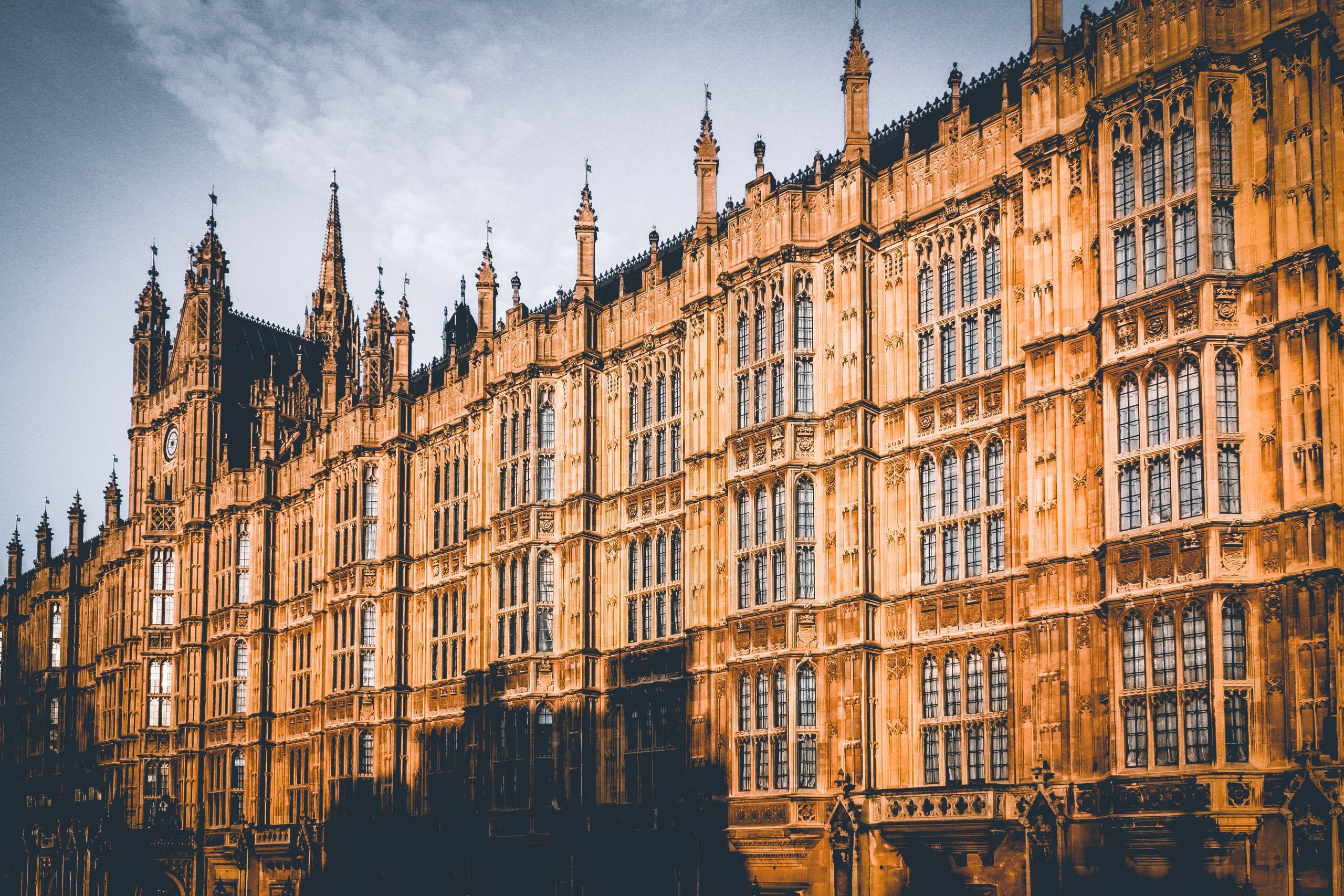In the wake of the #MeToo movement, an MP, Maria Miller, plans to introduce a bill to stop the use of non-disclosure agreements to cover up illegal activity.
“When used unethically, NDAs are catastrophically damaging to innocent parties, and immoral because they are being used as safety nets for employers to routinely cover up abuses without consequence,” she said. “The evidence also shows it takes a huge personal toll on victims, leaving them emotionally and psychologically drained, disillusioned, and left with a total loss of faith in the legal system.”
Increasingly, NDAs are being used as a means to silence victims of harassment and abuse at work. Miller also says: “I believe that legislating to limit NDAs in this way will prevent organisations acting unlawfully in the first place, compelling them to deal with discrimination and other abuses more ethically, rather than impose silence on innocent victims who have been wronged.”
Miller has called for a change in the law which would allow people to leave workplaces where they faced abuse and get compensation – without having to agree that they will not speak about the abuse they faced. She said: “The use of non-disclosure agreements, I believe, is driving the wrong culture in the British workplace. “A culture where poor management can be covered up, a culture where the silence of employees who have experienced significant wrongdoing can effectively be purchased.”
Ms Miller said it was “absolutely right” that employment contracts included clauses to keep confidential information secret but added: “Non-disclosure agreements were invented by lawyers to protect intellectual property, not to create an atmosphere of secrecy in the workplace.”
This provides summary information and comment on the subject areas covered. Where employment tribunal and appellate court cases are reported, the information does not set out all of the facts, the legal arguments presented and the judgments made in every aspect of the case. Employment law is subject to constant change either by statute or by interpretation by the courts. While every care has been taken in compiling this information, we cannot be held responsible for any errors or omissions. Specialist legal advice must be taken on any legal issues that may arise before embarking upon any formal course of action.









